Cells, organ systems and ecosystems
Cells and movement across membranes – WJEC
All living things are made of cells which are differentiated to perform different functions. Substances move into or out of the cell and enzymes are catalysts contributing to cell metabolism.

The respiratory system in humans – WJEC
Respiration is a chemical reaction which releases energy from food. The respiratory system exchanges the gases which are involved in respiration.

The digestive system in humans – WJEC
We should eat a balanced diet suitable for our age and lifestyle. Overeating can lead to obesity. Nutrients have to be digested before we can absorb and use them.

The circulatory system in humans – WJEC
The proper functioning of the circulatory system is essential for health. Blood transports substances around the body to every cell and removes toxic waste. It also defends against disease.
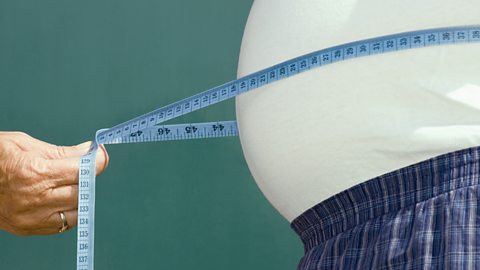
Structure of plants – WJEC
Plants adapt in order to efficiently collect raw materials required for photosynthesis. These raw materials must be transported through the plant and various factors can affect the rate of movement.
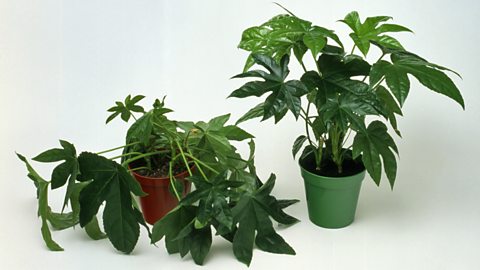
Photosynthesis – WJEC
Plants carry out photosynthesis to make food from the raw materials they gather from their environment. We can investigate the conditions needed for this process and the factors which affect its rate.
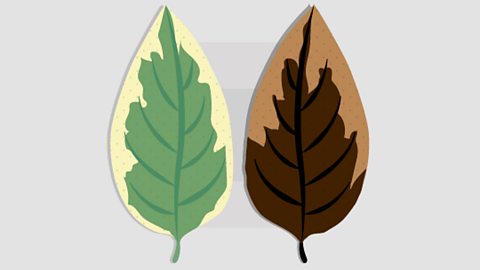
Ecosystems – transferring energy – WJEC
Food chains and webs show the transfer of energy between trophic levels. They can be represented as pyramids of number and biomass and the efficiency of these transfers can be calculated.
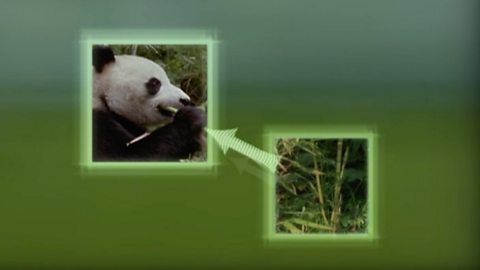
Ecosystems – pollution and nutrient cycles – WJEC
Pollution can have a significant effect on the environment. Humans introduce chemicals to the environment which can enter food chains, causing problems like bioaccumulation and eutrophication.
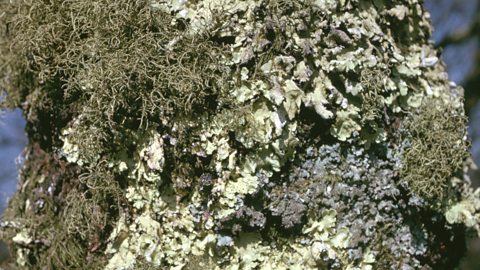
- 6 videos
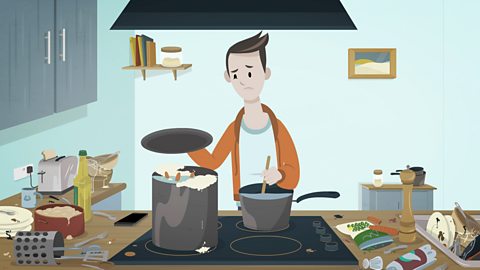
Variation, homeostasis and micro-organisms
Classification and biodiversity – WJEC
Biodiversity is the total number and variety of species in a given area. It can be studied using sampling techniques, and organisms can be classified according to morphological features.

Cell division and stem cells – WJEC
Cells divide by mitosis for growth and repair. They divide by meiosis to produce gametes for sexual reproduction. Stem cells differentiate into specialised cells during the development of organisms.
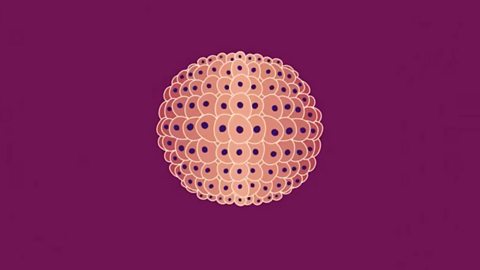
DNA and inheritance – WJEC
What is DNA and how is the structure of this hereditary molecule responsible for its function? Scientists are using their knowledge of DNA to create and use genetic profiles.
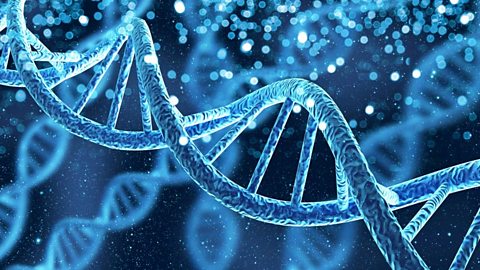
Variation – WJEC
Variation is the differences found within the same species. It can be caused by both sexual reproduction and environmental influences.
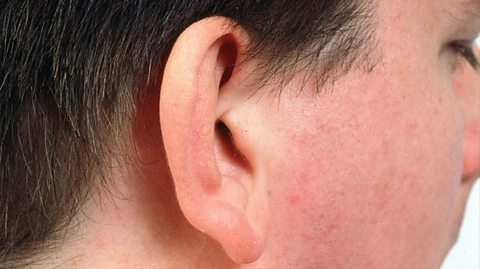
Mutation – WJEC
How can genes change? Mutations are caused by several factors and can cause genetic disorders. How can gene therapy help treat these disorders?

Evolution – WJEC
Evolution by natural selection was proposed as a theory by Darwin and Wallace. What evidence is there in the world today to suggest that species evolve by this mechanism?

The nervous system – WJEC
Our nervous system allows us to detect and react to changes in the environment. Sense organs, like the eyes, detect changes and our central nervous system co-ordinates a response.
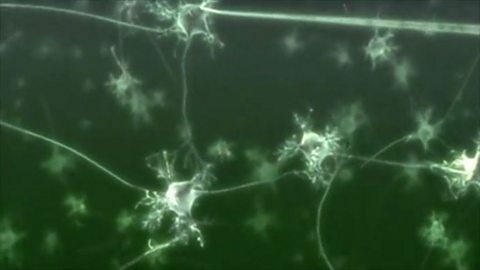
Homeostasis – WJEC
Conditions inside our body need to be maintained in a steady state. Blood sugar level and temperature are regulated carefully. Lifestyle choices such as drugs and alcohol can affect this homeostasis.
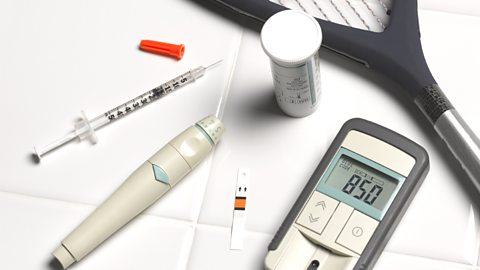
The role of the kidneys in homeostasis – WJEC
Our kidneys regulate the water concentration in our blood and excrete toxic waste. When they fail to work properly, dialysis treatment or a transplant is required.
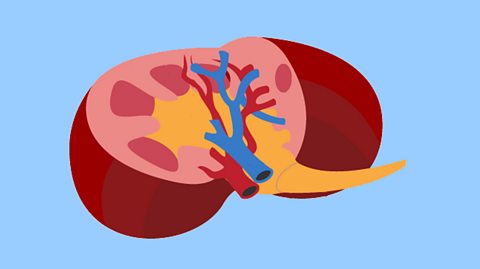
Micro-organisms and their applications – WJEC
Handling micro-organisms safely requires specific techniques. Growing and studying micro-organisms gives us vital information about their rapid growth and their possible uses.
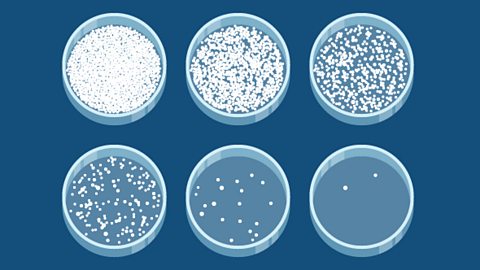
Disease, defence and treatment – WJEC
Communicable diseases are caused by the spread of micro-organisms. How do they spread, and what future developments will come from the study of the immune system and the treatment of diseases?
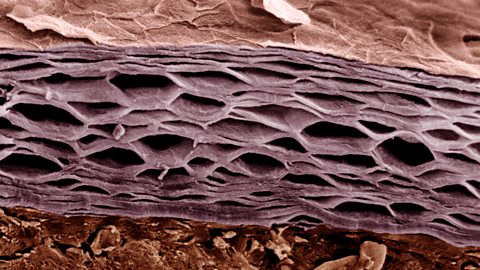
- 3 videos
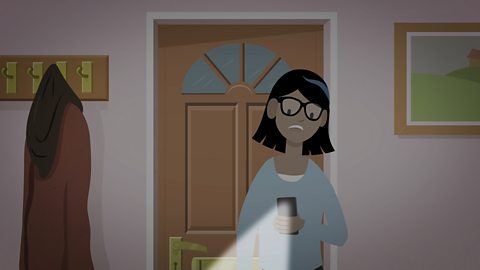
Practical skills
Obtaining, analysing and evaluating results – WJEC
Under the new GCSE specifications in Wales, practical work in Science will be examined. This unit will help students to prepare for the practical examination.
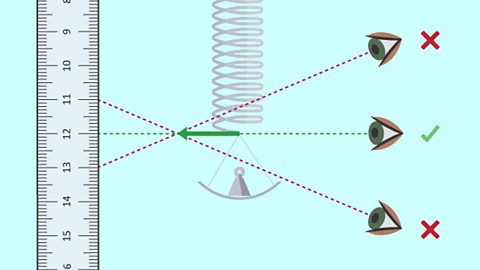
Links
- External linkExternal link
- External linkExternal link
- SubscriptionSubscription
- External linkExternal link
- External linkExternal link
- SubscriptionSubscription
- External linkExternal link
- External linkExternal link
- SubscriptionSubscription